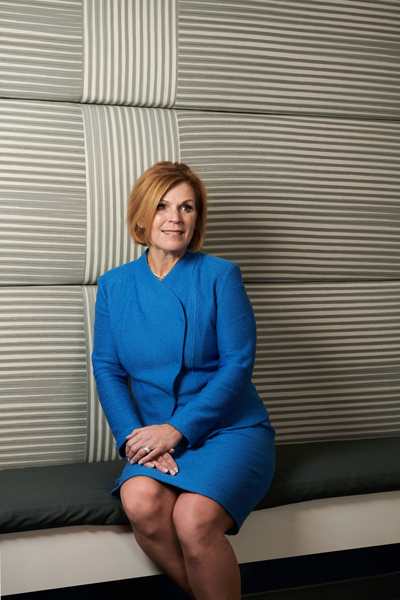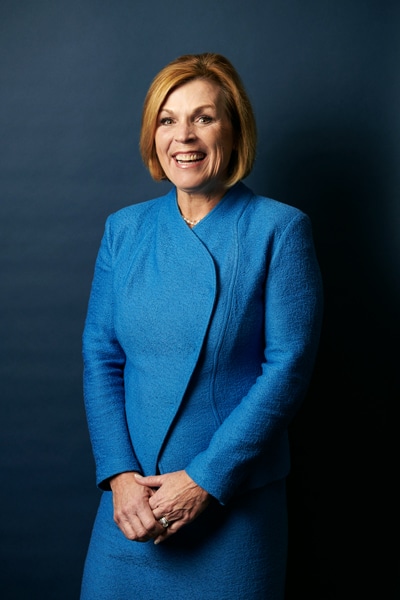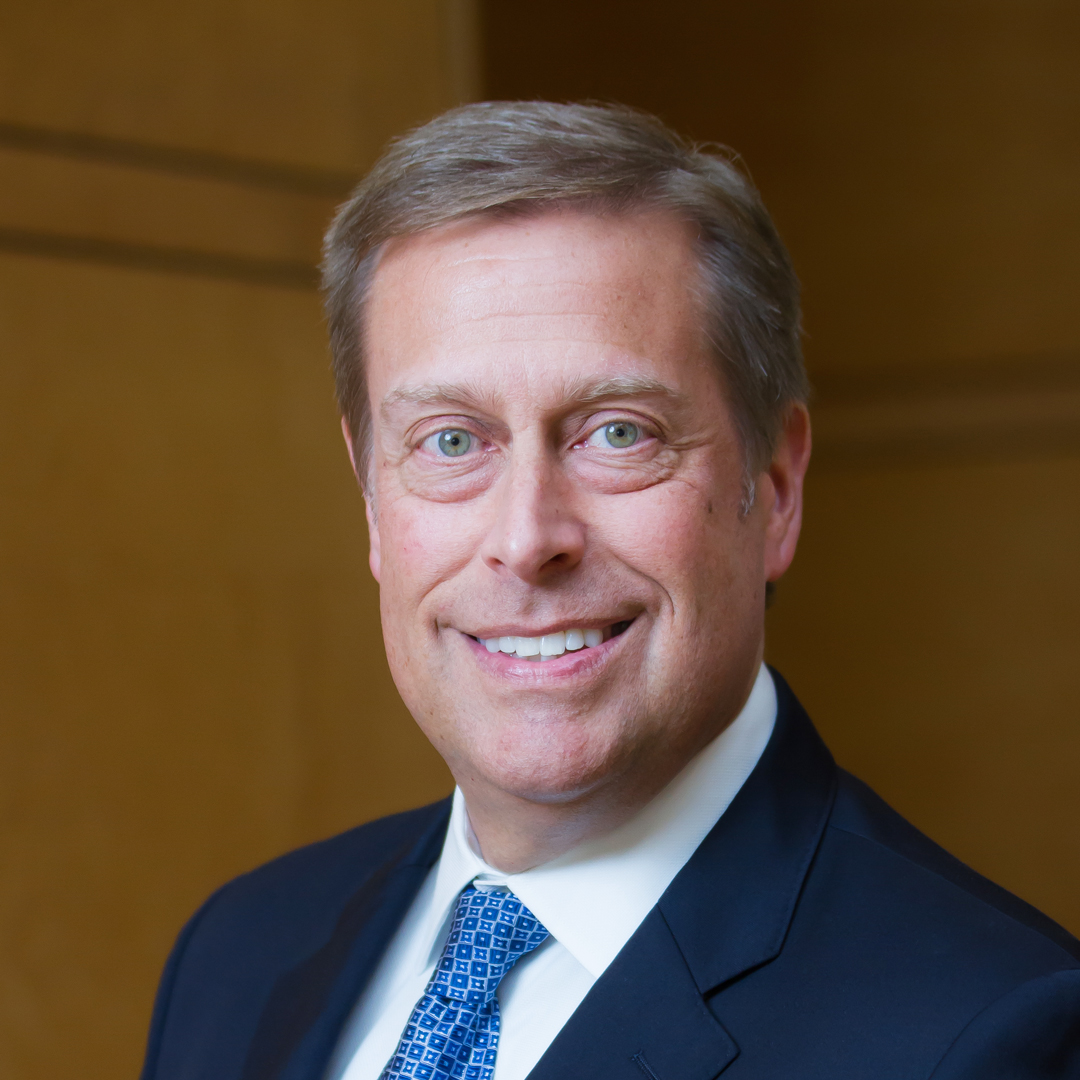In her role as senior vice president for Capella Healthcare, Carolyn Schneider helped shepherd the start-up through a nearly a decade of growth culminating in a deal with Apollo Global Management that created a combined company worth $2 billion.
“Early in the company’s history, we had a fairly significant acquisition and ended up quadrupling in size overnight with a very lean staff,” she says. “But we created the programs and practices so our employees could focus on the patients rather than having to worry about their own physical and financial well-being. We wanted as little disruption as possible for them as we transferred ownership.”
After the purchase by Apollo, Schneider then took the title of vice president for human resources at the newly formed company, RCCH Health Partners, where she worked to protect employees—and their patients—from any corporate growing pains.

She and her staff also renegotiated contracts and introduced proven practices from Capella’s playbook, helping RCCH realize an annual savings of more than $2 million from human resources operations alone. Schneider says her time at Capella and two other start-ups taught her how to cut costs without cutting corners.
“Working at start-ups helps refine your thinking,” she says. “You have to be creative because, so many times, the organization doesn’t have established processes or resources to help you do your job.”
Today, Schneider is applying that corporate creativity at Corizon Health Inc., where she joined the company as chief human resources officer in February 2018. Although the correctional healthcare provider isn’t a start-up in the technical sense, it is experiencing a reboot after the loss of some key contracts and turnover at the top.
Much of Corizon’s staff also works in remote, often rural, correctional facilities that can feel far from the company’s corporate office in Brentwood, Tennessee. As a result, the leadership team has implemented a start-up-style strategy that focuses on opening lines of communication across the organization and creating programs and policies that encourage expansion.
“When a company isn’t growing, its team members know that corporate energy declines,” Schneider says. “It becomes a vicious cycle.”
Company leaders are working to reset that cycle by holding offsite meetings with managers in the field to ensure everyone feels like they are part of the larger team. Corizon is also making strategic investments in technology, learning and development courses, benefit offerings, and other workplace perks to enrich employees’ experiences and increase trust, Schneider said.
“We’ve got to win the trust of our people first and create a good reputation for ourselves, which makes all the other functions easier—when we think about recruitment, when we think about retention, when we think about winning contracts.”
Early on, Schneider moved some aspects of human resources to the field so employees would have “feet on the street” for local support to help them feel more connected to the corporate office. She also realized Corizon’s wellness programs hadn’t evolved to fit employees’ needs, especially given some of the challenges they face working in correctional facilities.

“So, we are now looking at a two- to three-year plan around how to drive this wellness message—and not just wellness as you think of physical self, but wellness in terms of the whole self,” she says, “so that when people come to work their minds are on their patients, not on whether they have healthcare or whether they are in financial or emotional duress.”
Giving employees a healthy “holistic sense of self” will help them pass on that mind-set to patients. That’s critical considering the company’s ultimate aims are to help patients improve their health inside and outside a facility’s walls, reduce recidivism, and live better lives, says Schneider.
“So those are big, big goals that we have in front of us,” she says. “But they are very doable with a high-quality healthcare team, which we are building today.”
Indeed, Schneider says Corizon’s team already has a strong foundation of employees who understand the importance of their work.
“People go into healthcare because they want to help people. And, to me, what greater cause than to provide healthcare services to some of the most marginalized people in our society,” she says. “We’ve got the privilege of providing care for people who might not have ever had access to good healthcare in their lives. We get to make a difference in a very positive way.”
But many employees have felt disconnected to the corporate office, which is no surprise considering the limitations presented by working in remote correctional facilities where it can sometimes be difficult, or even impossible, to communicate via video, much less in person. So, creating connections can be difficult. But Schneider’s goal is to learn what Corizon employees need to make their patients and their own lives better, whether it be through staff-wide surveying or face-to-face meetings where she and other leaders listen and respond to employees’ concerns.
“I don’t just want people to love their jobs; I want leadership to love our people. That’s a big difference,” she says. “If our leadership loves our people, people will begin to love their jobs. And, if we don’t love our people, another employer will.”

